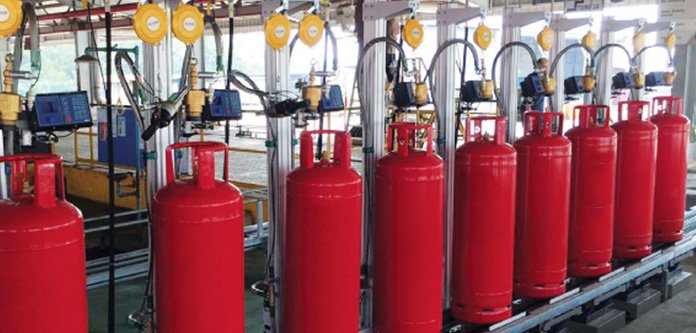The South African Department of Mineral Resources and Energy (DMRE) has switched to a new formula for calculating official domestic liquefied petroleum gas (LPG) prices, linked to Argus calculations of freight and logistics costs.
The formula will be used to generate an import parity price and is based on Saudi Arabia’s official contract prices for butane and propane, and a freight element produced by Argus, all published in the daily Argus International LPG report.
The formula, known as the Maximum Refinery Gate Price (MRGP), was previously based on the price of gasoline, which meant that South Africa’s domestic LPG market often did not reflect international conditions. LPG is used extensively in the South African residential and industrial sectors, and consumption and imports are rising.
READ:Will Africa’s largest LNG project Rovuma take shape?
The new formula will apply from 1 July. As it is produced at the end of each month, to apply to the following month, producers, importers, traders, wholesalers and retailers of LPG will be able to track how the freight element of the formula evolves, enabling them to plan and budget more effectively.
“I welcome the department’s decision to bring more transparency to the calculation of LPG prices in South Africa, and we are pleased that they have chosen to use the Argus assessment,” Argus Media chairman and chief executive Adrian Binks said. “We will continue to work closely with the government and industry to ensure our assessments help to align domestic prices with international markets.”
Argus LPG prices are used around the world for benchmarking and risk management purposes. In Africa, Argus publishes prices for LPG delivered to ports in west and east Africa, as well as to Richards Bay in South Africa. Argus also produces price assessments and analysis of international energy and other commodity markets, and offers bespoke consulting services and industry-leading conferences.
ALSO READ: Impact of Covid-19 pandemic on Pump Industry Events

